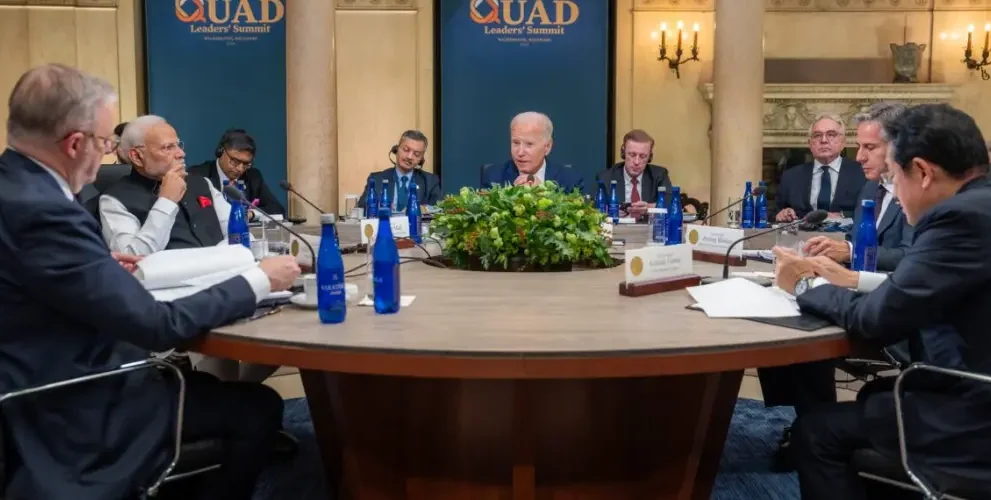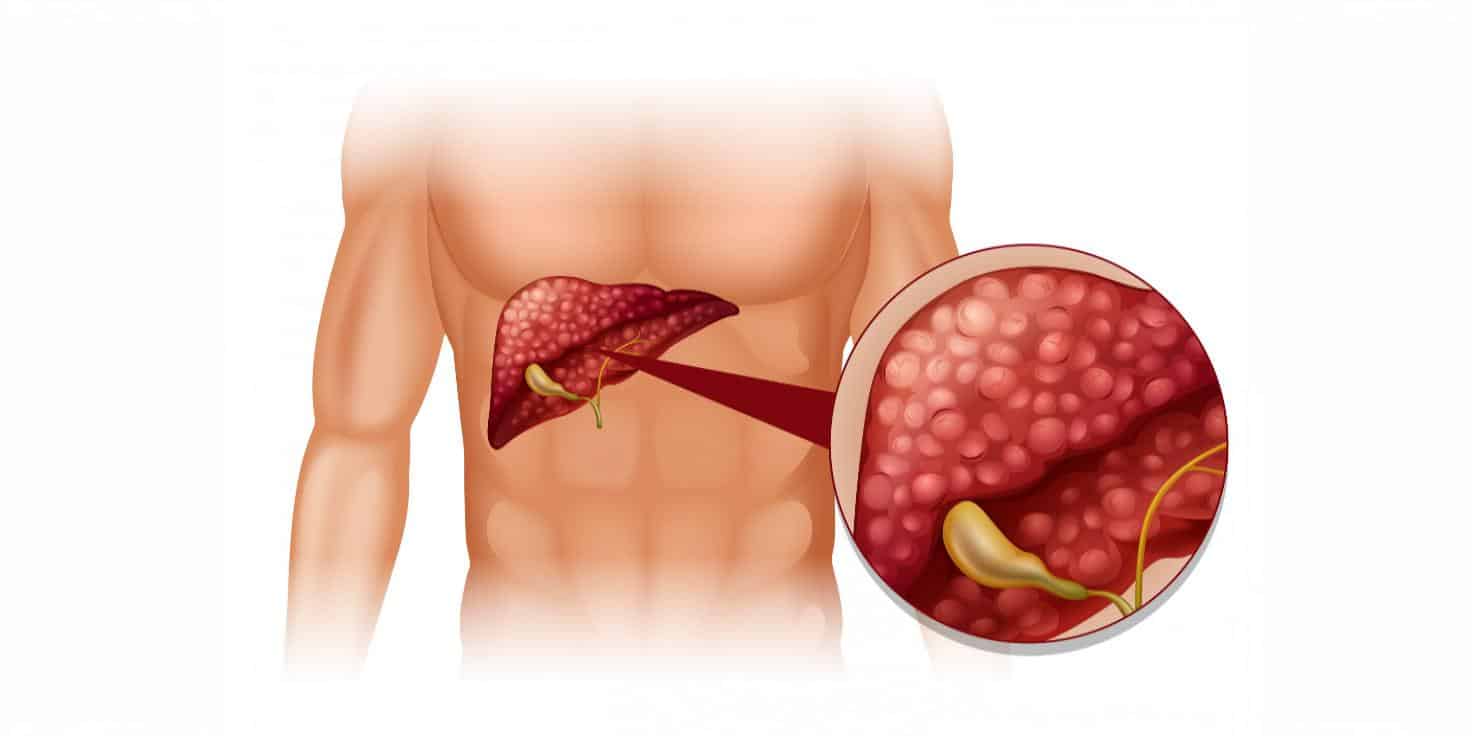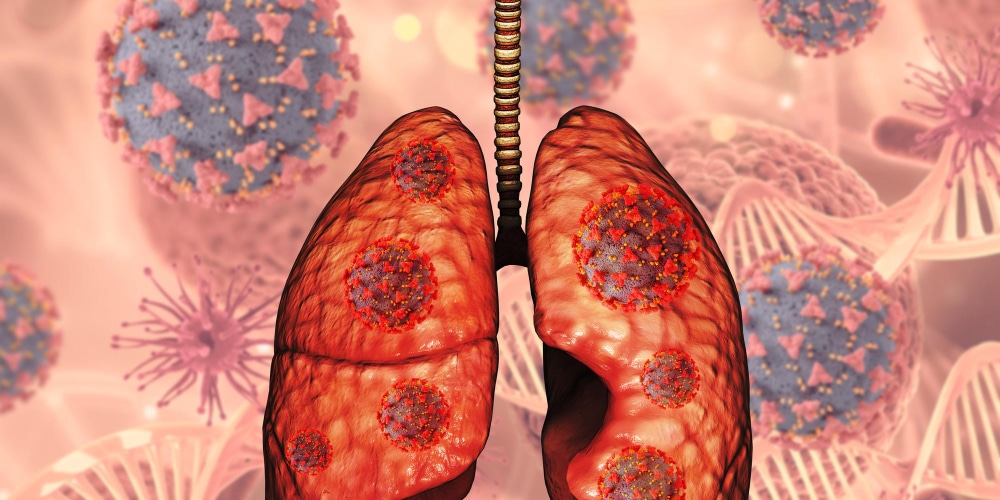EXPLAINER: What is the Quad Cancer Moonshot to which India pledged $7.5 million?
It is “a groundbreaking effort” launched by the United States, Australia, India, and Japan to help end cancer, starting with cervical cancer
Author
Author
- admin / 1 year

- 0
- 5 min read

Author
During the Quad Cancer Moonshot event hosted by President Biden on the sidelines of the Quad Leaders’ Summit in Wilmington, Delaware on September 22, Prime Minister Narendra Modi announced a $7.5 million grant for cancer testing, screening, and diagnostics in the Indo-Pacific region. This initiative supports the US Cancer Moonshot, championed by President Biden and First Lady Jill Biden, which aims to prevent over four million cancer deaths by 2047 and enhance the experience of those affected by the disease.
Here’s an overview of the program and India’s contribution to it
Quad Cancer Moonshot is “a groundbreaking effort” launched by the United States, Australia, India, and Japan to help end cancer, starting with cervical cancer, a largely preventable disease that continues to be a major health crisis in the Indo pacific region, and laying the groundwork to address other forms of cancer as well. The initiative is part of a broader set of announcements made at the Quad Leaders Summit.
The Quad Cancer Moonshot will serve to strengthen the overall cancer care ecosystem in the Indo-Pacific by improving health infrastructure, expanding research collaborations, building data systems, and providing greater support for cancer prevention, detection, treatment, and care.
Cervical cancer, while preventable through vaccination and usually treatable if detected early, remains the third leading cause of cancer deaths among women in the Indo-Pacific region.
Fewer than one in 10 women in the Indo-Pacific have completed their human papillomavirus (HPV) vaccination series, and fewer than 10% have undergone recent screening. Many countries in the region face challenges related to healthcare access, limited resources, and disparities in vaccination rates. Through this initiative, Quad countries will work to address these gaps by promoting HPV vaccination, increasing access to screenings, and expanding treatment options and care in underserved areas.
In 2022, President Joe Biden and First Lady Jill Biden reignited the Cancer Moonshot with the goals of reducing the cancer death rate in the United States by at least half—preventing more than 4 million cancer deaths—by 2047, and improving the experience of people who are touched by cancer.
Commitment by Quad Countries
Quad countries intend to continue their strong commitments to Gavi – the Vaccine Alliance helps vaccinate more than half the world’s children against deadly and debilitating infectious diseases – including with HPV vaccines in the Indo-Pacific, with the United States making an early pledge of at least $1.58 billion over five years.
In addition, Quad countries will work together with United Nations agencies on bulk purchasing of HPV diagnostics to bring down the cost of cervical cancer screening, and work with the International Atomic Energy Agency to improve access to and quality of medical imaging and radiation therapy.
India’s Contribution and Role
India will share technical expertise in digital health through its National Non-Communicable Disease (NCD) portal. As part of its $10 million commitment to support the World Health Organization (WHO) led Global Initiative on Digital Health, India will provide technical assistance to the Indo-Pacific region. This includes offering technical support for the use of its National Non-Communicable Disease portal, which tracks long-term data on cancer screening and care.
The country also commits to providing HPV sampling kits, detection tools and cervical cancer vaccines worth $7.5 million to the Indo-Pacific region. This significant contribution aims to strengthen local efforts to prevent and detect cervical cancer and empower communities with affordable, accessible tools for early detection and prevention, while supporting vaccination programs to reduce the disease burden across the region.
India is scaling up population-based screening for oral, breast, and cervical cancers through its National Progamme for Prevention and Control of Non-Communicable Diseases. In particular, India uses the Visual Inspection with Acetic Acid (VIA) method for cervical cancer screening, which is simple, cost effective and efficient and allows healthcare workers to detect early signs of cervical cancer without the need for advanced laboratory infrastructure, making it a model for other regions in the Indo-Pacific.
The country is expanding access to specialized cancer treatment centers under its “Strengthening of Tertiary Care Cancer Centres” program. The Government of India is supporting both states and union territories to improve treatment capacity across the county, ensuring that people from all parts of the country, including underserved areas, can receive high-quality care.
It has committed to affordable cancer treatment through Pradhan Mantri Jan Arogya Yojana (PMJAY). As part of its broader health coverage efforts, PMJAY, India is committed to providing affordable cancer treatments to its citizens, ensuring financial protection for those most in need.
India’s commitment to cervical cancer elimination is further supported by implementation research led by the Indian Council of Medical Research (ICMR). The research is focused on enhancing cervical cancer screening, early diagnosis and initiation of treatment. The results and findings will be shared with the Indo-Pacific countries in the coming years, to strengthen regional collaboration.
Also read: Fact Check: Can exercise reduce the cancer risk? – First Check









